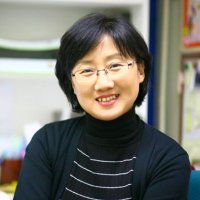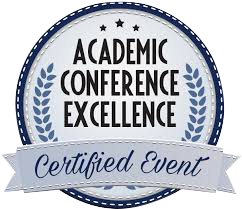
Yu-Kyeong Hwang
Cell Therapy Research Center, Green Cross Lab Cell Corp., South Korea
Title: Ex vivo-expanded allogeneic NK cells for treatment of refractory and recurrent lymphoma and solid tumors
Biography
Biography: Yu-Kyeong Hwang
Abstract
Allogeneic NK cells have been used for their activity for hematologic cancer by hematopoietic stem cell transplantation. During the last decades, anti-cancer activity of ex vivo expanded NK cells were demonstrated in several studies, both in vitro and in vivo. Previously, ex vivo expanded allogeneic NK cells (MG4101) from healthy unrelated donor showed potent anti-tumor activity with tolerable toxicity profiles in several xenograft models. From healthy donor’s peripheral blood mononuclear cells (PBMCs), NK cells expanded under good manufacturing practice (GMP) conditions. NK cells selectively killed cancer cells without demonstrating cytotoxicity against allogeneic non-tumor cells in co-culture assays, and show the anti-tumor activity in various cancer model including lymphoma, ovarian cancer, hepatocellular carcinoma, neuroblastoma and glioblastoma. Phase I clinical trial had been conducted in 18-advanced and refractory cancer patients with various solid tumor and lymphoma by dose-escalating infusing. No adverse effects were reported after, and changes of immune cell population and cytokine/chemokine levels were shown by NK cell infusion. Therefore, allogeneic NK cell treatment without T cell contamination is feasible for cancer patients, and good clinical outcome is expected if it is used with adequate preconditioning regimen. For more additive efficacies, two more clinical trials have been conducted in patient’s solid tumor after HSCT and in HCC patients after curative resection. Both study showed its safety and delayed progress free survival (PFS) and recurrent free survival (TTP), respectively. Based on this NK cell manufacturing process, new genetically modifying technology like chimeric antigen receptor (CAR) technology can be emerged. NK cell is one of option to solve the problem in adverse effect in CAR-T therapy. In cooperation with many of advanced technology, NK cell therapy can be a new modality for the cancer treatment as an off-the-shelf product.

